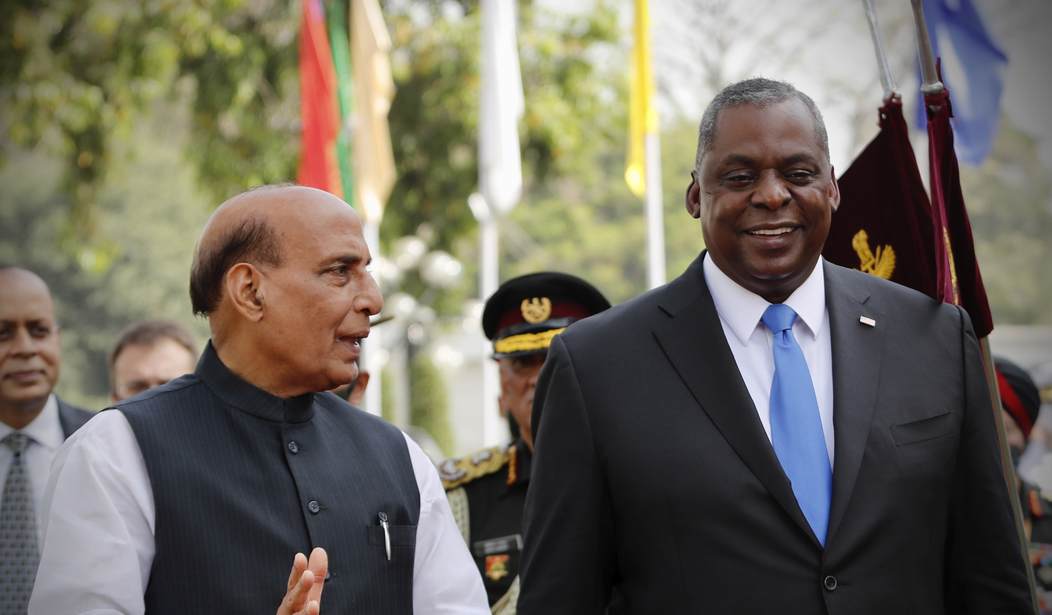General Frank McKenzie, the commander of U.S. Central Command, believes that a U.S. pullout from Afghanistan will lead to the collapse of the Afghan army. He also said he was uncertain whether the government of Afghanistan could protect the U.S. embassy in Kabul.
“We’re certainly going to try to do everything we can from distant locations to assist the Afghans as they maintain the aircraft and other platforms that will be essential for the fight ahead of them,” the general said. He added later: “We’re going to try all kinds of innovate ways. The one thing I can tell you is, we’re not going to be there on the ground with them.”
McKenzie doubts that the Afghan army even has the ability to maintain and fly their aircraft without U.S. aid and financial support. “My concern is the Afghans’ ability to hold ground,” he told Congress.
McKenzie has spent the week detailing to lawmakers the steep challenges facing the U.S. military as it moves to withdraw all troops from Afghanistan by Sept. 11, as ordered by President Joe Biden last week. Walking a careful line, the general has painted a dire picture of the road ahead, while also avoiding any pushback on Biden’s decision.
U.S. officials have made it clear that military commanders did not recommend the full, unconditional withdrawal that Biden has ordered. Military leaders have consistently argued for a drawdown based on security conditions in the country, saying that pulling troops out by a certain date eliminates pressure on the Taliban and weakens U.S. leverage in the peace talks with the group.
The September 11 date for total U.S. withdrawal is a political date, bearing no relationship to the reality on the ground. McKenzie gently tried to point this out. Put simply, the U.S. military will not have the resources in Afghanistan to prevent terrorists from getting a foothold there.
He told the Senate Armed Service Committee on Thursday that once troops leave the country, it will take “considerably longer” than four hours to move armed drones or other aircraft in and out of Afghanistan to provide overhead surveillance or counterterrorism strikes. He said it will require far more aircraft than he is using now.
Defense Secretary Lloyd Austin, speaking at NATO earlier this month, said the U.S. will continue to support the Afghans after the withdrawal. He said “we will look to continue funding key capabilities such as the Afghan Air Force and Special Mission Wing, and we will seek to continue paying salaries for Afghan Security Forces.”
I am tempted to use the “V” word in describing this fiasco but Congress has the opportunity to support the Afghan government, military, and people unlike the Democratic Congress in 1975 which stood by and watched the Communists take control of Vietnam. The South Vietnamese may or may not have had a fighting chance if given the resources. They were certainly in a lot better shape than the Afghan military that desperately needs the financial backing of the U.S. government to survive.
That we’re leaving Afghanistan is a good thing overall. But how we leave and what we leave behind will determine the legacy of the war.










Join the conversation as a VIP Member